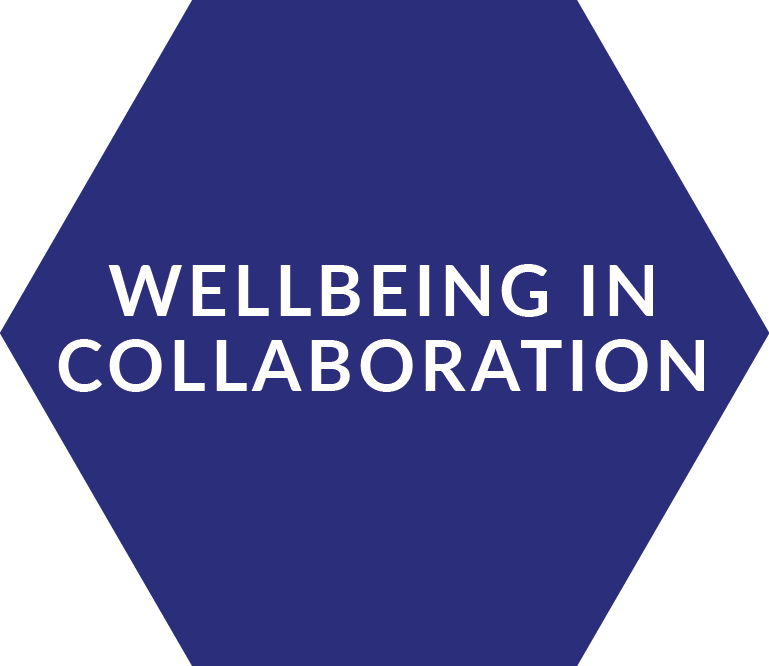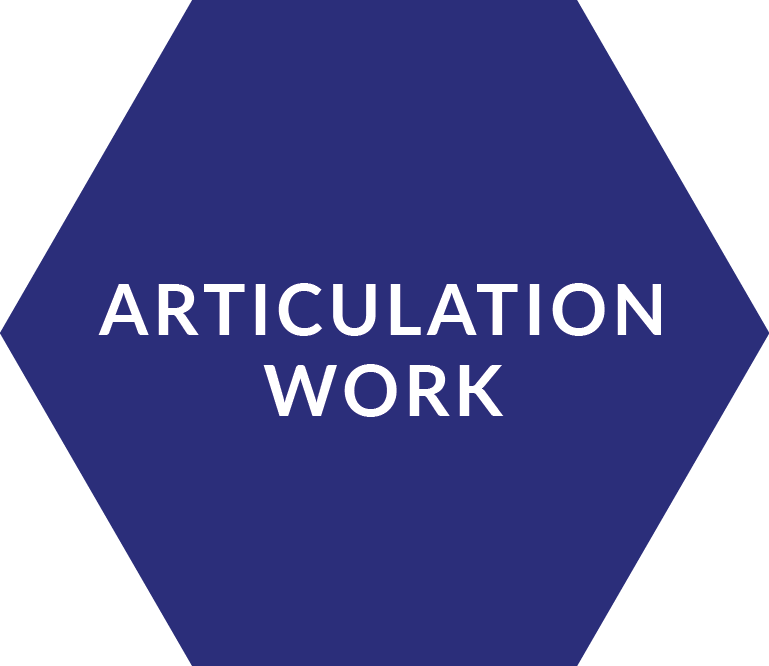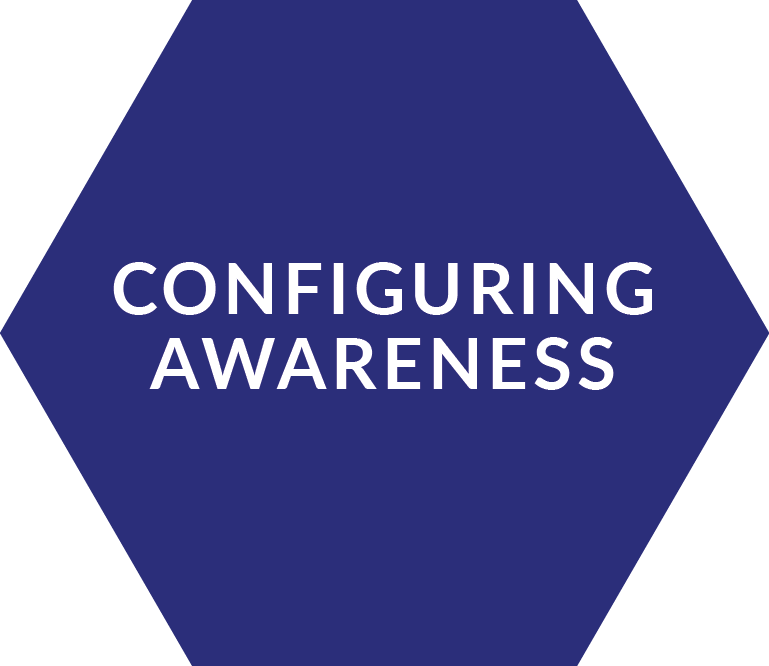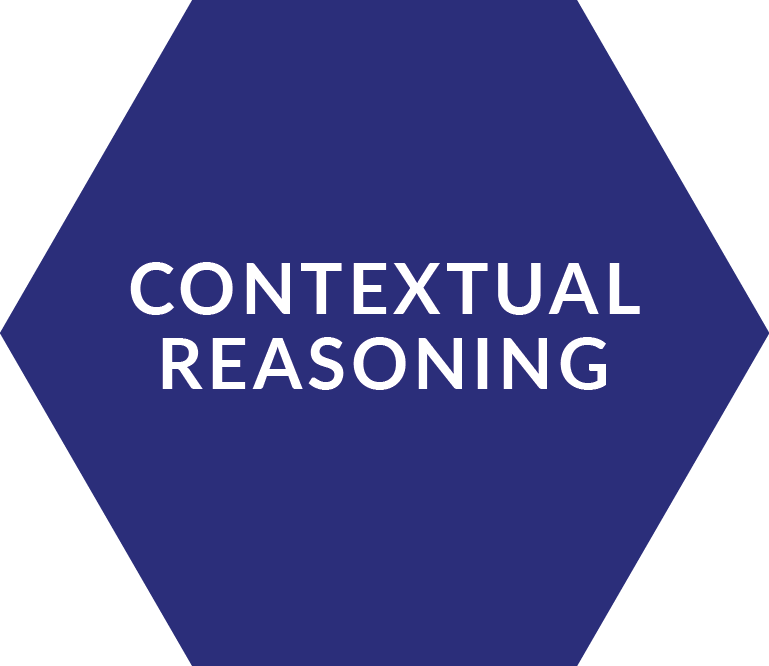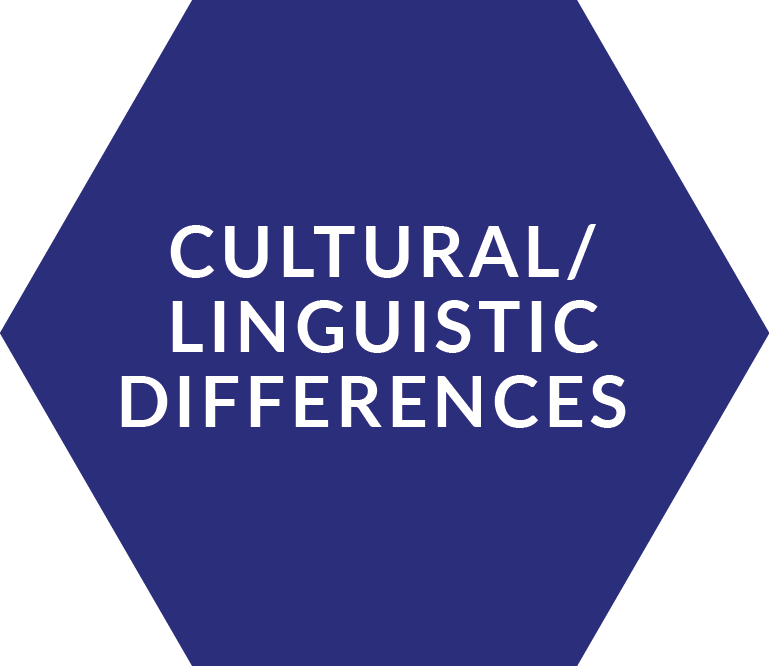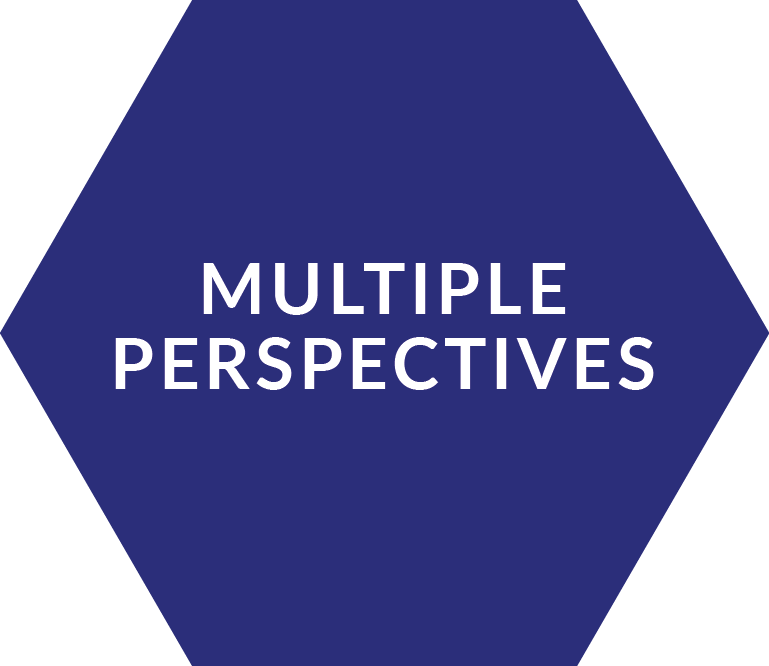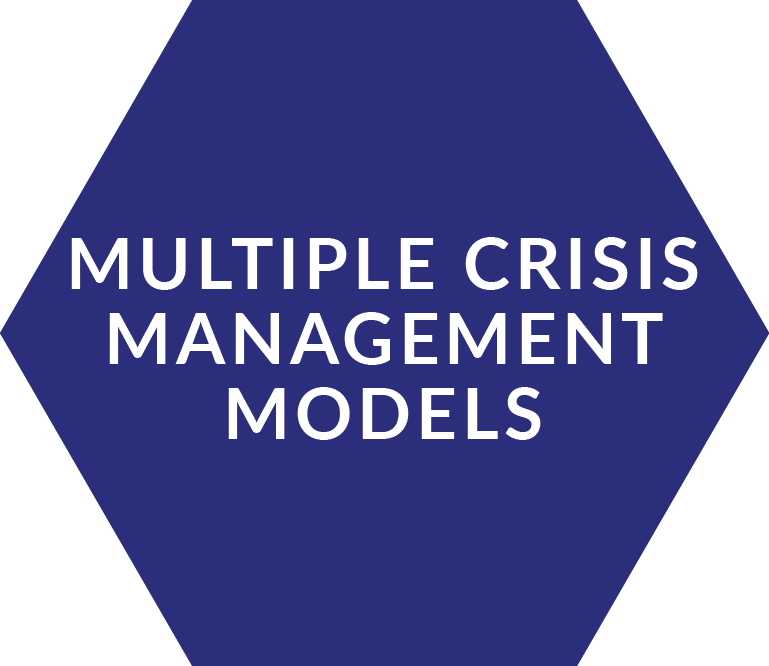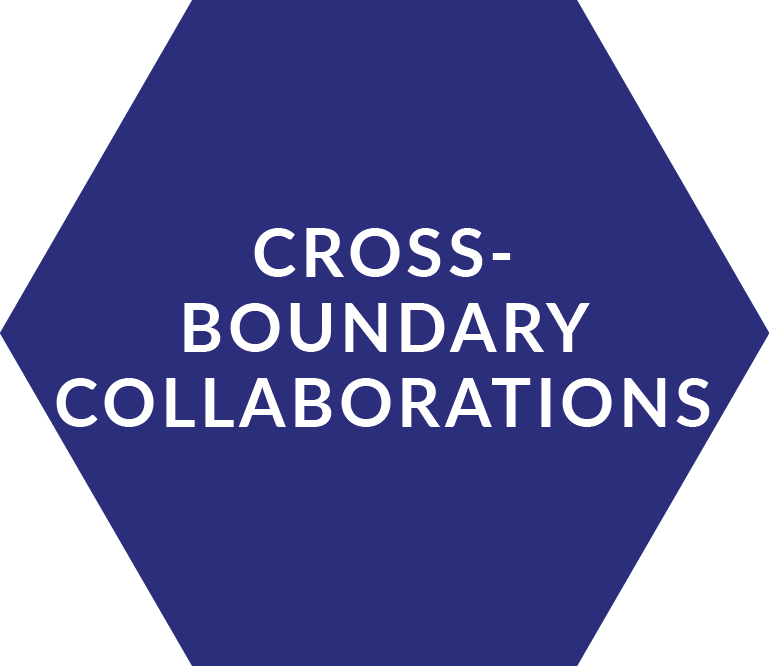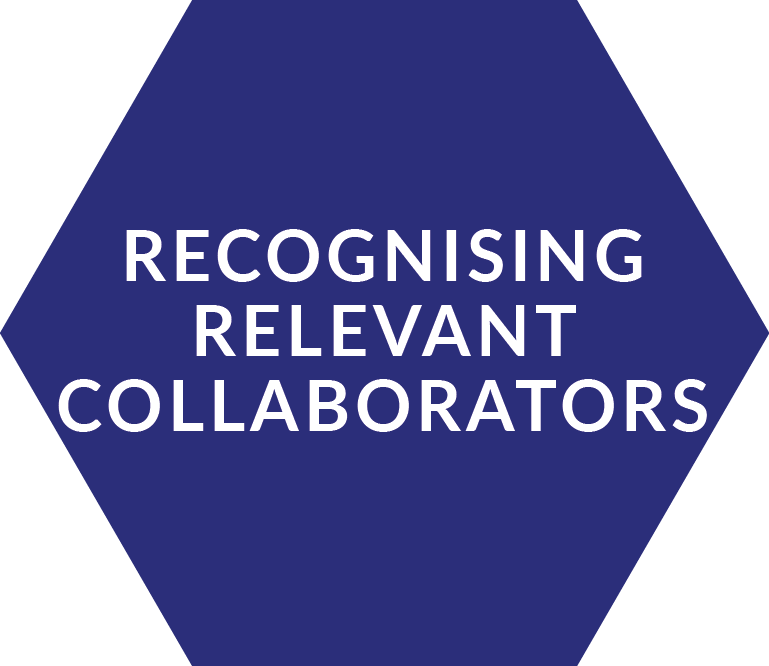The social science is in: the ABC of socio-technical change theories, which all too often posit that education, nudging, or enforcement can effect social acceptance, is wrong. A change of A – individuals’ Attitudes, will not automatically translate into B – Behaviour change, and ultimately C – Change in the system. Technocratic concepts equate social acceptance with behaviour change, evaluating the …
Wellbeing in Collaboration
Supporting well-being for those engaged in collaborative disaster risk management is critical to support a well-functioning system, and increasingly difficult as the ‘new reality’ of growing pressures, shrinking resources, and digital transformation takes hold. Digital technologies play an important role, from allowing information overload, to the instant transmission of distressing images from video, prompting concerns over monitoring and surveillance, to …
Public Participation
How the public participates in and perceives a response is key to the success of disaster risk management and thus it is important to listen to and engage with members of the public. For successful collaborative information management, this also requires widening the diversity of data and the understanding of data needs. Guiding Questions How is the public made aware …
Mission Creep
While cross-boundary collaboration needs to be flexible and responsive, some organisations can come under pressure to expand their missions and overpower others. Goal diversity and fragmentation might result in losing sight of overarching goals, and at the same time, interoperability through interlinking data has the potential to have one organisation’s system and its fundamental values, creep in and overpower others. …
Articulation Work
Articulation work is a practice where actors use verbal and non-verbal communication to document what they are doing, what they understand about that, and how this relates to others. It is the work necessary to join one actor’s sense of a situation with another’s, so their flows of activities can be allocated, coordinated, and dovetailed. It is necessary to identify …
Configuring Awareness
Configuring awareness is a practice whereby participants within an information environment can understand where others’ attention is directed and where they can intervene to ‘configure’ others’ awareness of information. They may wish to attract their attention and make them aware, for example, by pointing to a particular item of information. Or, they may wish to withhold information from certain individuals …
Contextual Reasoning
In collaborative information management settings, different stakeholders use different data and privilege different uses of given data. Making decisions cooperatively requires the ability of all parties to examine the validity of the information produced by other members. To do this, a person needs to be able to identify who or where the information has come from, the context for its …
Cultural/Linguistic Differences
In order to allow for a shared vocabulary, negotiation of risk assessments and appropriate distribution of resources, (cultural, linguistic, and conceptual) translation is needed. Guiding Questions Is your system able to manage different professional and cultural languages? How can that be achieved? Does the collaborative information management system offer different communication pathways when translation is necessary? If so, how might it …
Multiple Perspectives
Stakeholders can find it difficult to make sense of data in shared systems, because they do not have access to the context or focus of those who entered it. For this reason, collaborative information management should be based on more than just mutually accessible data. Information about the motivations and methods for collection, the meaning attributed to that data by …
Multiple Crisis Management Models
There are many types of major incidents and multiple factors regarding incidents which cannot be clearly defined or prepared for: the cause, location, scale, impact, medium and long-term implications are indeterminate. In many cases, it is the inability to plan for the specifics that causes the hazard to become a disaster in the first place. For this reason, emergency services …
New Partnerships
Disastrous accidents (Chernobyl, Bhopal), natural-technical disasters (Fukushima) and socio-environmental threats like climate change have increased awareness of humanity’s vulnerability and responsibility for risk. At the same time, modern science has lost its monopoly on knowledge and truth, and diverse parties are claiming a voice in decisions about risk. This has re-assembled the relationship between experts, governments, the media and the …
Cross-Border Collaborations
Cross-border collaboration is a challenge as it can be difficult to break organisational habits of silo-thinking. However, disasters do not respect borders and increased technological, organisational, and international interoperability can be immensely beneficial. This means that there is a greater need for collaborative information management to encourage horizontal, not just vertical communication. The purpose of the European Union (EU)’s General …
Recognising Relevant Collaborators
The inclusion of a wide range of stakeholders in a collaborative information management system is not only an issue of democracy. It also affects the response by bringing in new knowledge and improves trust in the disaster response within the affected community. How such participation is managed in a collaborative information management system and by whom, along with questions of …


